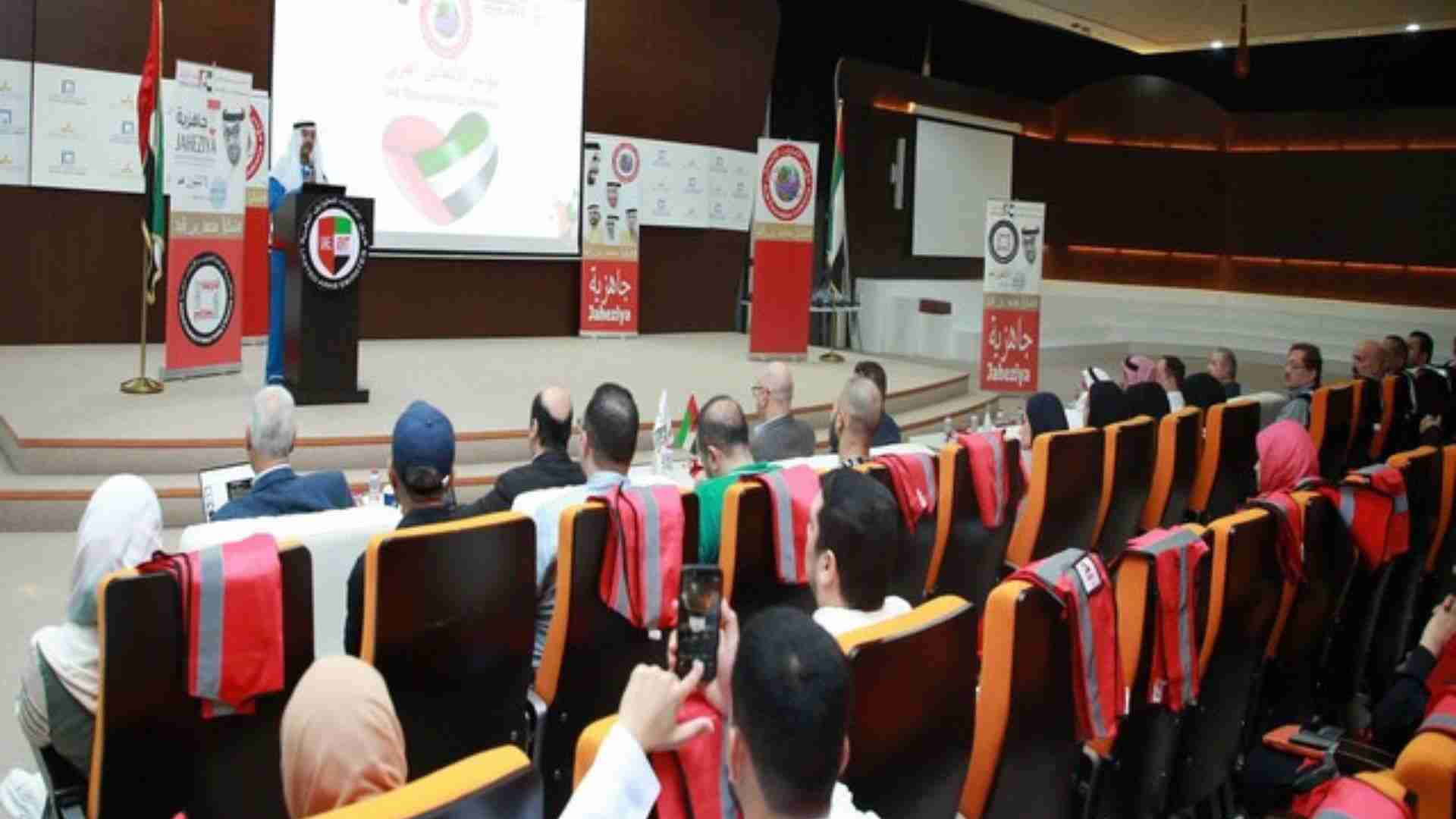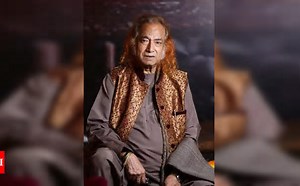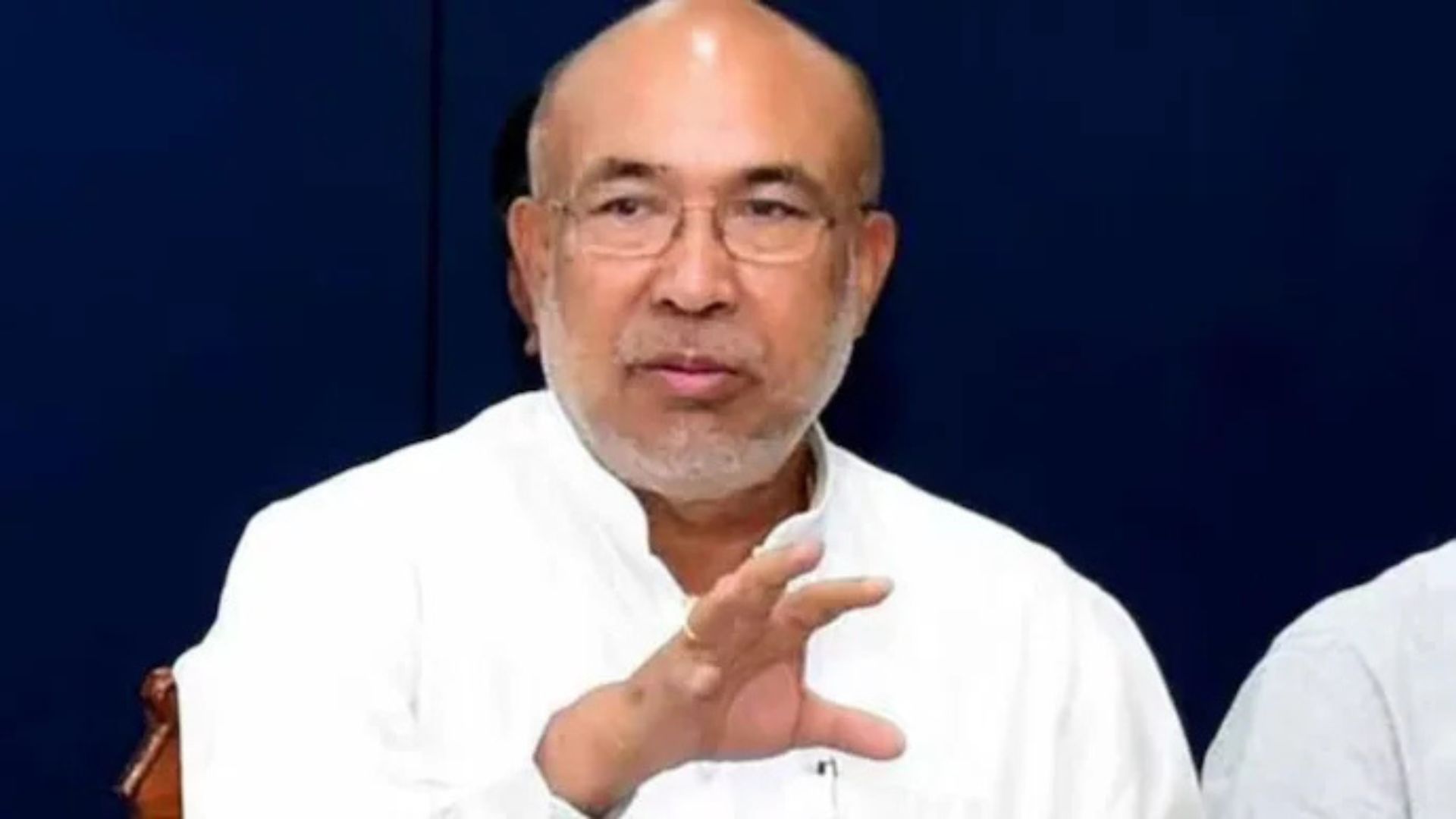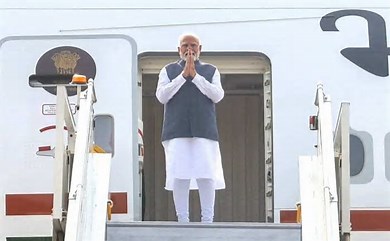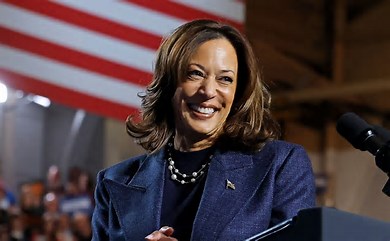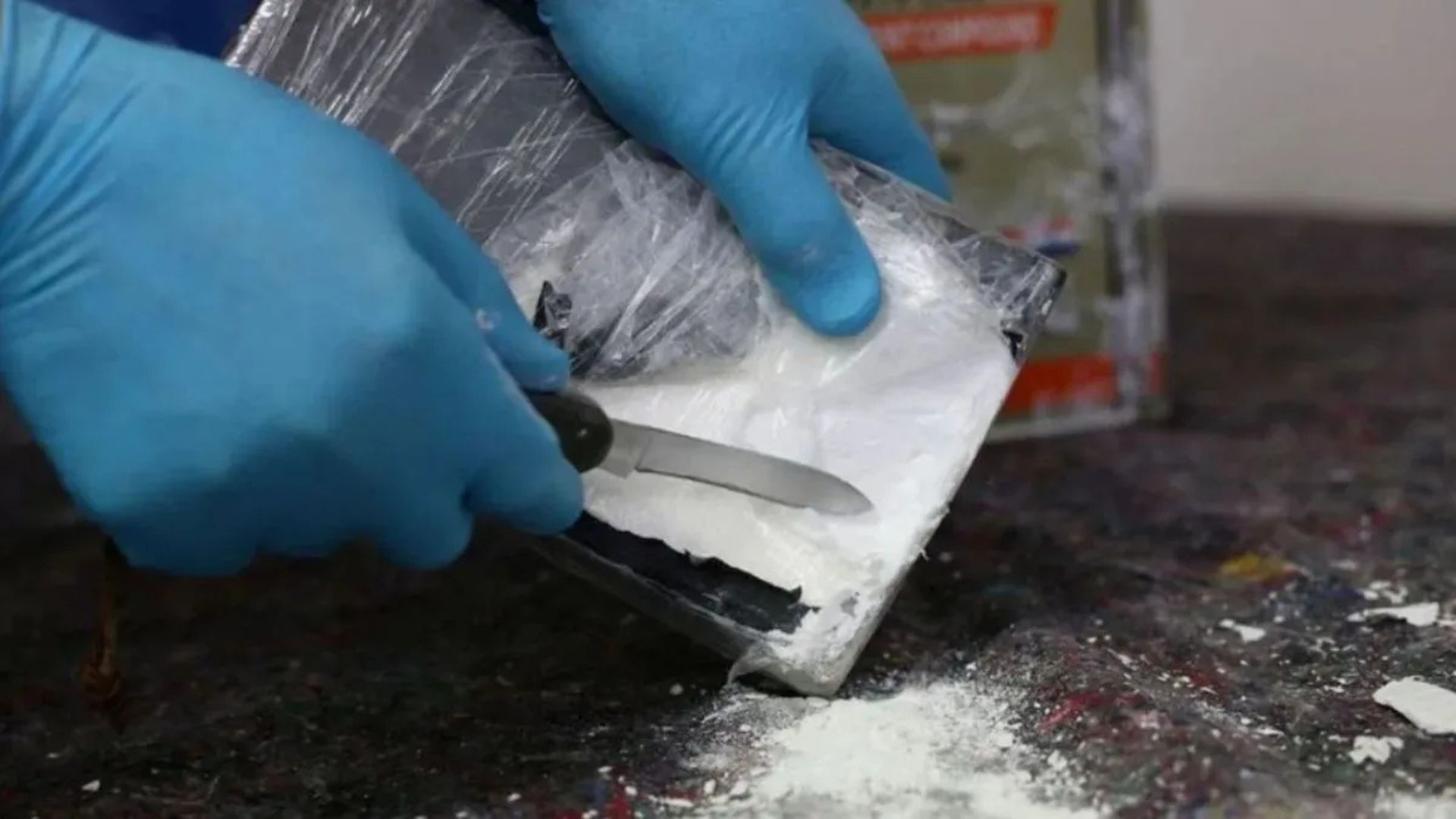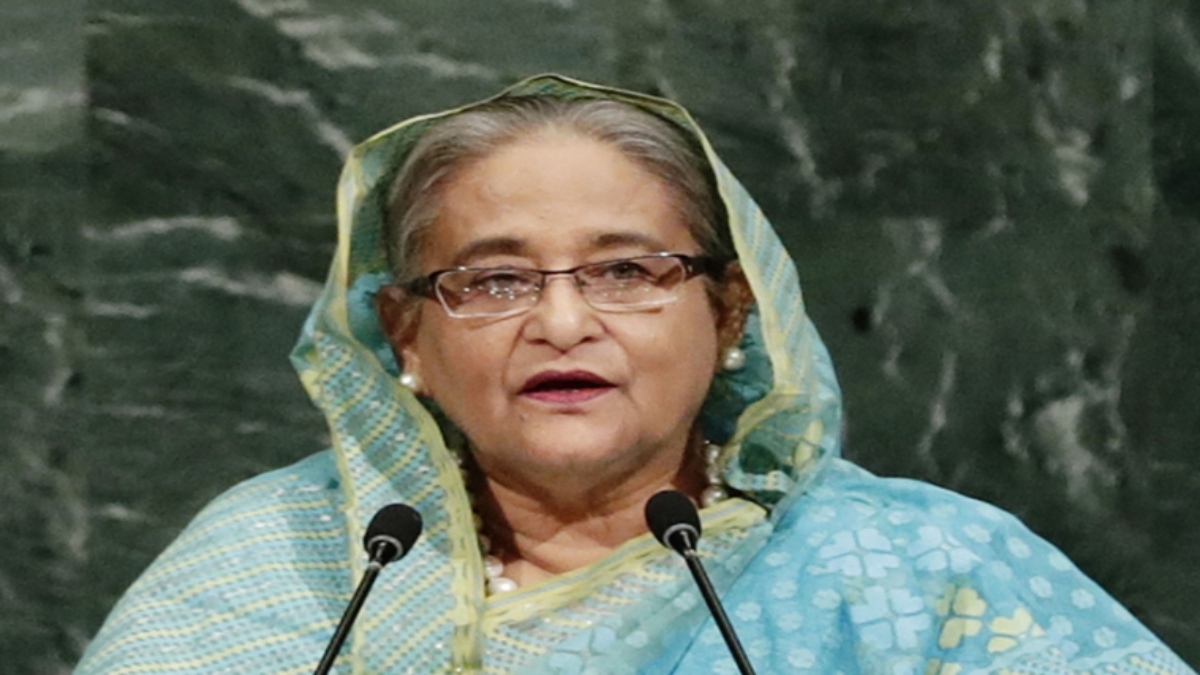
After bilateral talks with his Bangladesh counterpart Sheikh Hasina, Prime Minister Narendra Modi said, “Today, Bangladesh is India’s biggest development partner and our biggest trade partner in the region. There is a continuous improvement in the people-to-people cooperation”. Prime Minister Sheikh Hasina also in return lauded PM Modi’s vision for a stronger India-Bangladesh relationship. The two leaders also signed seven Memorandum of Understanding (MoUs) on the issues related to water sharing, railways, space, science and judiciary. Another important remark from Hasina was “As long as Prime Minister Narendra Modi is around, New Delhi and Dhaka will find solution to all bilateral problems, including the Teesta River water sharing issue. With friendship, you can solve any problem. So, we always do that.” What Hasina seems to have signaled is that the domestic politics or any other “contentious” issues will not be allowed to block the path of the friendship between Delhi and Dhaka. Rather, Hasina dropped ample indications that the ties between the two nations will be soaring much higher.
Undeniably, India and Bangladesh ties have soared since Prime Minister Sheikh Hasina came to power in 2009. New Delhi and Dhaka described it as a golden period of bilateral relations. With Bangladesh occupying a high place in India’s neighbourhood first policy, PM Modi’s aim is to see that the ties between the two countries get much stronger in future, with the problems of people across the borders are addressed properly. Since PM Hasina came to power in 2009 in Bangladesh, the government in Dhaka has also been working in the direction of what will make bilateral ties with Delhi stronger and more robust. The Hasina government’s crackdown against anti-India outfits has benefited greatly on the front of security relationship with Bangladesh. Hasina’s tough action against such anti-India elements and outfits has helped Delhi maintain peace and security in India’s eastern and Northeastern states. Hasina’s assurance that Bangladesh will continue to work with India to fight terrorism and radicalization as it is dangerous for both countries is what Delhi was eagerly expecting from Dhaka.
This confirmation came from Foreign Secretary Vinay Kwatra who spoke of close cooperation between India and Bangladesh on terrorism. India must have used the opportunity provided by the visit of Hasina to convey its concerns on China seeking to expand its presence in Bangladesh under the garb of ensuring the country’s development. Replying to a question about China’s increasing role, the Foreign Secretary Kwatra reportedly said both countries had explained to each other where their security issues are. India is never suggesting that Bangladesh should turn its back on China. India knows that the nations look after their self-interest first. However, what Delhi wants is that Dhaka must be cautious against Beijing’s debt trap diplomacy as Bangladesh is also a partner of Chinese Belt and Road Initiative (BRI) like Pakistan.
In addition, India keeps alerting its neighbours including Dhaka to Chinese agenda to use their soil to foment troubles for Delhi. Undoubtedly, India has every right to highlight its own security concerns if any nation like China or Pakistan works in its neighbourhood on the agenda of creating trouble for it.
Bangladesh too has benefited from its economic and development partnership with India by virtue of being India’s biggest trade partner in South Asia. Moreover, the bilateral trade has grown steadily over the last decade. The last decade witnessed massive expansion in land, air and river connectivity between India and Bangladesh as well. Various new routes connecting both countries were inaugurated in what was a message to nations like China that Delhi and Dhaka ties are on the higher trajectory. The latest is the inauguration of the passenger train Mitali Express from New Jalpaiguri to Dhaka in June.
India and Bangladesh have seen trade between them flourishing, with bilateral trade, according to some data, jumping from USD 9 billion to USD 18 billion in the last five years. In what will boost trade ties between the two nations further, Hasina has approved discussions with India on a Comprehensive Economic Partnership Agreement (CEPA), which is, according to economic experts, expected to raise Bangladeshi exports to India two-fold and expand the country’s GDP by two per cent. The talks will gain momentum on the same.
With elections in Bangladesh due in December next year, the Jamaat, Hasina’s opposition party, will try to incite communal violence. The apprehension is that the outfit will be raising anti-India pitch in Bangladesh to target Hasina and her party Awami League. It will be a challenge for PM Hasina to deal with these elements and the political outfit. Delhi also expects the Hasina government not to allow any anti-India show on the soil of Bangladesh. The message seems to have been conveyed to the visiting Prime Minister.
T. Brajesh

